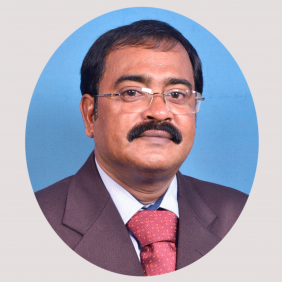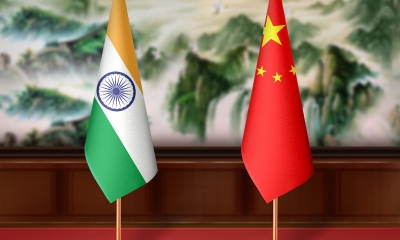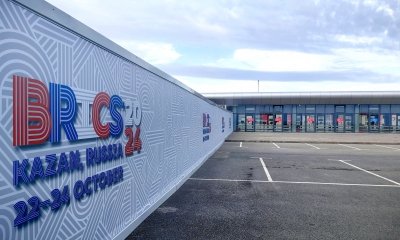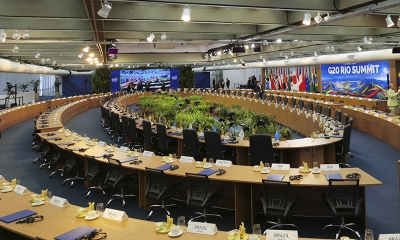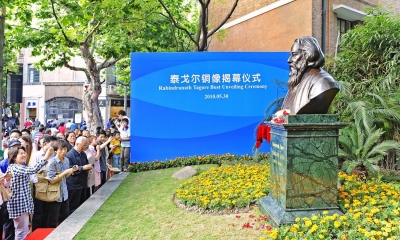Moscow BRICS Summit Shows the Way Forward in Post-Pandemic World
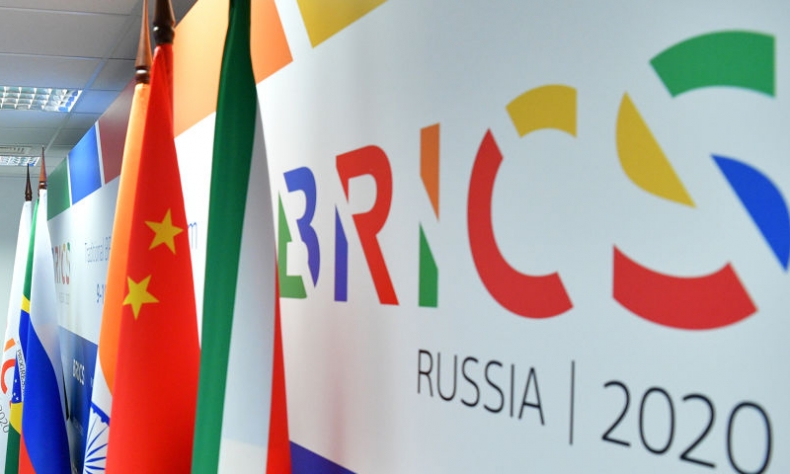
There is no doubt that BRICS economies will play a crucial role in the global recovery after the pandemic through its mutual institutions and systems.
This November is likely to go down in history as a month which has seen major high-profile multilateral diplomatic events including the third China International Import Expo (CIIE) in Shanghai, the 20th meeting of the Council of Heads of State of the Shanghai Cooperation Organization (SCO) in Moscow, the 37th ASEAN Summit in Vietnam, 12th BRICS summit in Moscow, the 2020 APEC Economic Leader’s Meeting in Malaysia and the G20 Riyadh summit, to name a few.
Taking the title of the revolving BRICS presidency from Brazil, Russia hosted the 12th Annual Summit of BRICS through video conferencing in the capital city of Moscow on November 17 this week in its capacity as chair of the influential bloc which consists of the world’s five major economies, namely Brazil, Russia, India, China and South Africa with 41 percent of the world’s population, 24 percent of global GDP and around 17 percent of world trade.
This year’s online BRICS Summit was held at a critical time in the history of the five-member bloc when the world is battling with the COVID-19 pandemic which has significantly battered the global economy. The globalization has recently encountered opposition in the West, and of course, the new diplomatic era under Joe Biden as US President-elect. But more importantly, the group’s 12th summit had brought together two top leaders of the group, Indian Prime Minister Narendra Modi and Chinese President Xi Jinping for the second time in seven days, amid the ongoing bitter standoff in Ladakh region, after the SCO summit on November 10 last week. The virtual meeting was also attended by Brazilian President Jair Bolsonaro and South African President Cyril Ramaphosa.
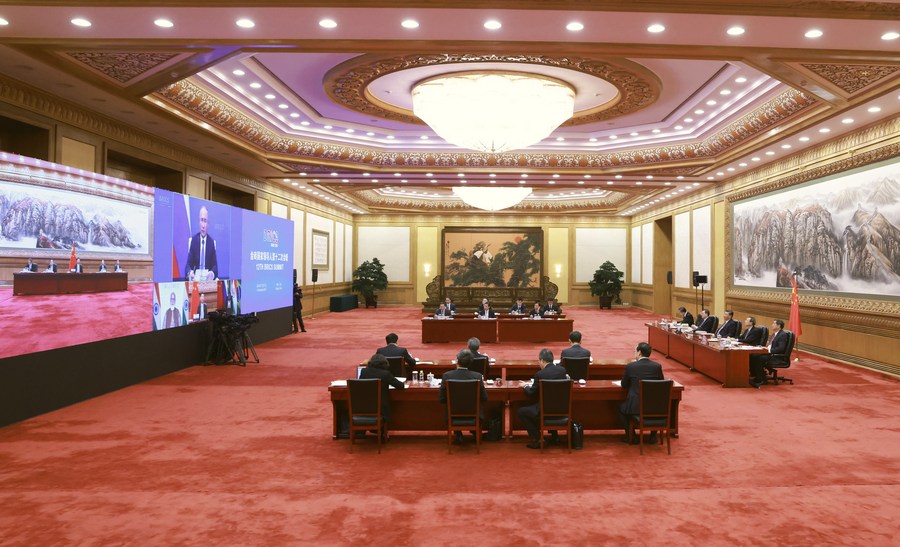
Global stability, shared security and innovative growth
Chaired by Russian President Vladimir Putin, the BRICS summit under the theme of “Global stability, shared security and innovative growth,” saw the adoption of the Moscow Declaration, reaching consensus on a wide range of important topics involving development and mutual trust, sending a signal of unity in the fight against COVID-19 pandemic, terrorism, protectionism and climate change with a promise of prosperity and well-being in the post-COVID-19 era.
The leaders of the BRICS countries agreed to strengthen their joint efforts to tackle the COVID pandemic-linked challenges, counter-terrorism cooperation, and funding for the digital economy and technology, trade and investment as well as driving innovative sustainability. As per the proposal of President Putin, two important documents related to the anti-terrorism strategy of the BRICS and the updated strategy for the economic partnership of the association until 2025 were included in the Moscow Declaration with 97 individual commitments.
It’s really heartening to see that instead of falling apart due to their geopolitical differences, the leaders of the BRICS club have given a breath of fresh air by uttering their commitments to deepen cooperation in the post-pandemic world. As President Xi said, “We need to work through consultation and negotiation to address differences… With concerted efforts, we will foster a peaceful and stable environment for development.”
China calls for combating COVID-19 in solidarity
Since the whole world is now under the cobweb of the deadly virus and looking towards an effective COVID-19 vaccine, cooperation between China and other BRICS nations in the fight against the pandemic is a shared responsibility for “us all” as stated by President Xi in his speech.
Since the outbreak of the COVID-19 pandemic, the BRICS countries have been helping each other in dealing with the ongoing disaster. It should be noted here that China as a country with rich experience fighting the virus has sent out 34 medical expert teams to 32 countries, and provided 283 batches of supplies to 150 countries and four international organizations.
Addressing the BRICS Summit, the Chinese President had called BRICS countries to unite in the fight against COVID-19. “We need to overcome division with unity, replace bias with reason and stamp out the ‘political virus.’ In this way, we will pool the maximum global synergy to beat the virus,” he said.
What’s more gratifying is that despite the currently strained India-China ties, President Xi offered to work with India on vaccines during the BRICS Summit. “Chinese companies are working with their Russian and Brazilian partners on phase-III clinical trials of vaccines and we are prepared to cooperate with South Africa and India as well,” he said.
It should be noted here that currently China has five vaccines for COVID-19 undergoing phase III clinical trials in some foreign countries including the United Arab Emirates, Brazil, Pakistan and Peru. China has assured that these vaccines will be made a global public good and provided to developing countries on a priority basis. The Moscow Declaration has said the BRICS grouping will work for “fair, equitable and affordable” distribution of vaccines.
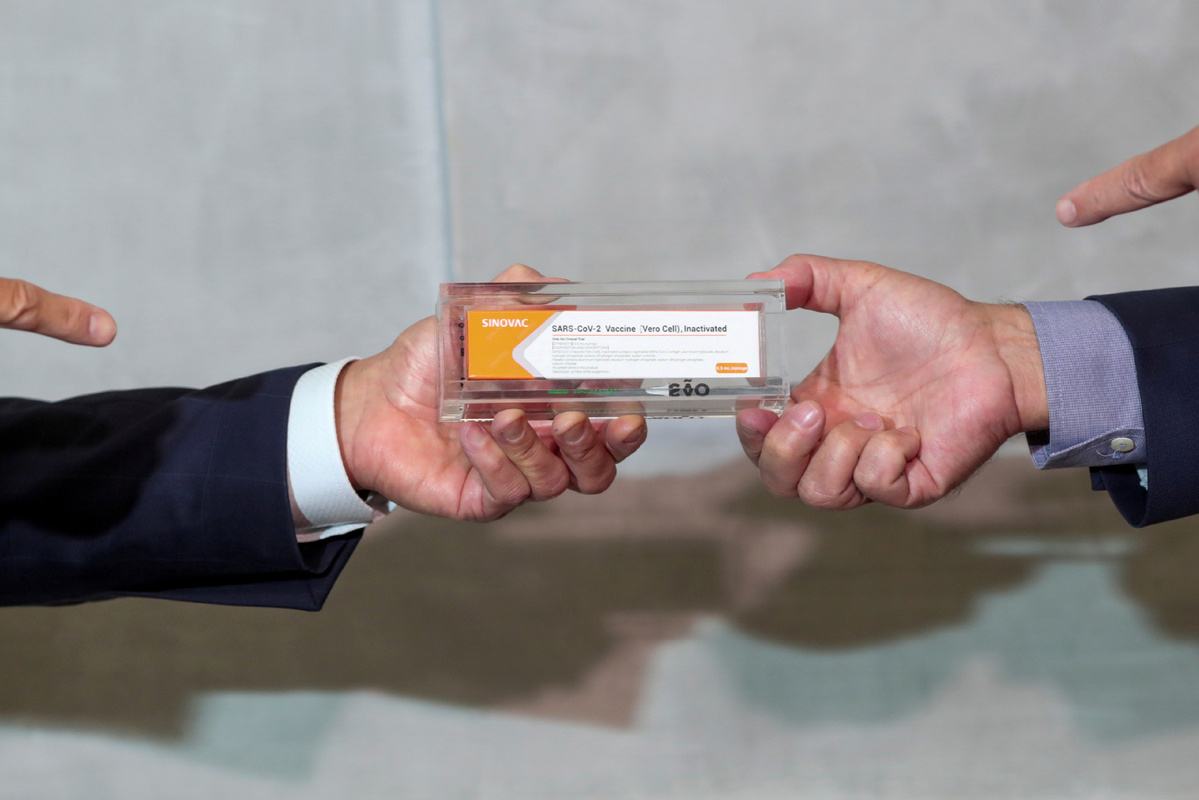
BRICS upholds multilateralism
Referring to rising protectionism and unilateralism, greater deficit of governance, development and trust, and growing uncertainties and destabilizing factors in the world economy, President Xi called on the BRICS countries to undertake their due obligations in championing and practicing multilateralism.
In view of the increasing actions of protectionism over past years, President Xi warned his counterparts in his speech by stating that “History teaches us that multilateralism, equity and justice can keep war and conflict at bay, while unilateralism and power politics will inflate dispute and confrontation.” He said the world must decide “between multilateralism and unilateralism”.
Undoubtedly, multipolarity and the New Industrial Revolution are complementary with one another. As such, BRICS nations should take the lead to “hold high the banner of multilateralism, and defend the purposes and principles of the Charter of the United Nations (UN)” in pursuit of mankind’s best interests.
Since different countries across the world influenced by Trump administration’s “America First” policy have been weaponizing protectionism under the “politics of national security”, President Xi reiterated China’s unwavering support to free trade and multilateralism. Xi’s speech surely sends a very powerful signal to the countries that are going back towards protectionism.
There is no doubt that BRICS economies will play a crucial role in the global recovery after the pandemic through its mutual institutions and systems—such as BRICS Inter-Bank Cooperation Mechanism, New Development Bank, Contingent Reserve Arrangement and Customs Cooperation. It is hoped that BRICS countries should “band together in defense of the multilateralism the United States once championed.”
Facing challenges together
Besides COVID-19, trade and economic issues, the BRICS nations also expounded their stances on international and regional issues of common concern, focusing on terrorism, the Syrian conflict, dignified return of Syrian refugees, the situation in the Idlib De-Escalation Area, the ongoing conflict in the Republic of Yemen and the Israeli-Palestinian conflict, to list a few.
In the Moscow Declaration, the leaders stressed that the fight against terrorism must be conducted in accordance with international law. “We reaffirm our unwavering commitment to contribute further to the global efforts of preventing and countering the threat of terrorism on the basis of respect for international law and the Charter of the United Nations, emphasizing that States have the primary responsibility in combating terrorism with the United Nations continuing to play central and coordinating role in this area”, Paragraph 37 of the Moscow Declaration reads.
The BRICS grouping has strongly condemned the massive explosion in the port of Beirut on August 4, 2020 and the terrorist attacks in Afghanistan and called for an immediate end to violence. BRICS leaders also welcome the agreement reached by the Leaders of Azerbaijan and Armenia on a complete ceasefire since 10 November 2020 in the Nagorno-Karabakh conflict zone.
Stronger partnership and brighter future
The virtual BRICS meeting reached consensus on the international situation, global governance and long-term cooperation among the five countries amid the ongoing COVID pandemic. Next year, India will host the 13th BRICS summit. Undoubtedly, this year’s summit reaffirmed the BRICS spirit of openness, inclusiveness and win-win cooperation, and mapped out a new blueprint for strengthening BRICS partnership and deepening practical cooperation in various areas in the post-pandemic world.
Let us hope the BRICS countries will continue to work together in forging a new partnership that is fair, open, and innovative to benefit the welfare of humankind. As a strong note of hope is expressed in the words of President Xi: “We must keep pace and work as a team to break the waves and navigate steadily toward a brighter future.” The world shouldn’t worry about the brighter future of the BRICS countries.
 Facebook
Facebook
 Twitter
Twitter
 Linkedin
Linkedin
 Google +
Google +



